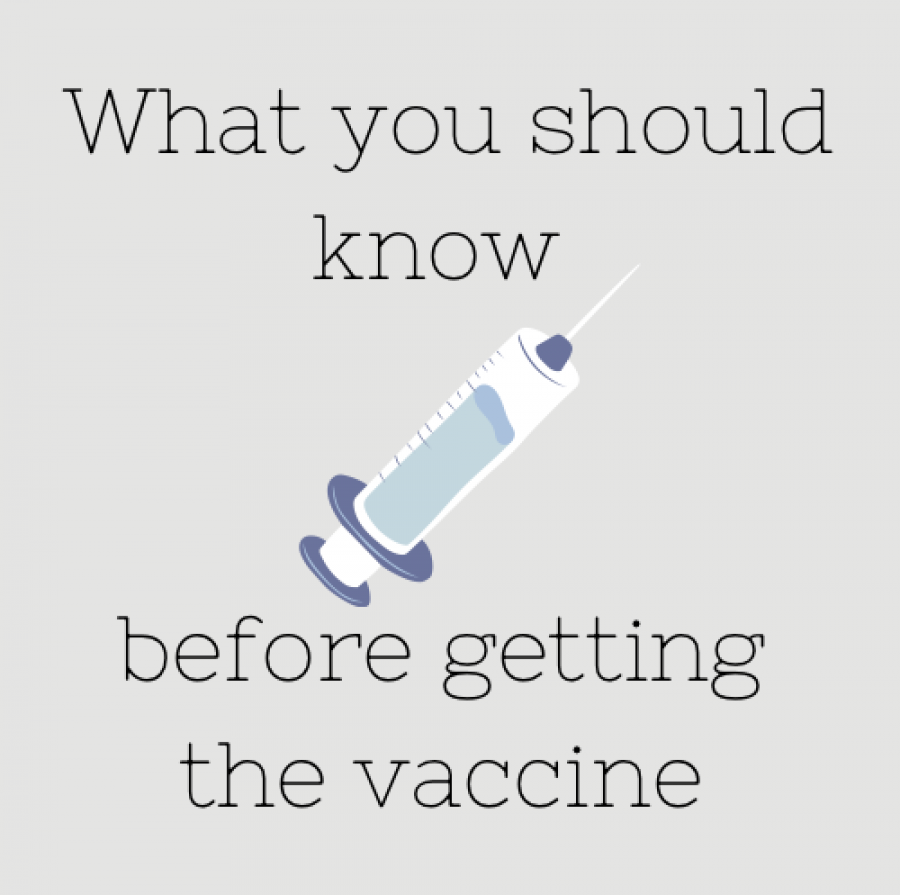
People from across the political spectrum began getting vaccinated shortly after the vaccine was created. But it is of vital importance to, at the very least, be skeptical of the vaccine’s reliability and consequences before pulling the trigger.
Within a year of the global pandemic, top-notch scientists had diligently created a vaccine for the COVID-19 virus. But even the best cannot make up for the crucial factor of time. Before COVID-19, a vaccine required at least 10 years of testing before being distributed to the public. The COVID-19 vaccine is still in its earliest stages of testing, meaning that anyone who partakes in its distribution is essentially a guinea pig.
Some are aware of this and still choose to get the vaccine anyway based on their own concerns of COVID-19. But the media has failed to relay this information to the public, causing many to be uninformed of the vaccine’s consequences.
News outlets such as CNN continuously choose to promote the vaccine without mentioning the concerns, and they desire for everyone to be vaccinated, despite the high survival rate of the virus and the newness of the vaccine. The media has previously been one-sided on issues relating to COVID-19, such as politically motivated social gatherings and the overall danger of the virus.
There is much evidence to suggest that some vaccines include long term side effects other than death, such as brain damage, blindness or the development of new diseases. The reason the COVID-19 vaccines have not listed these as possible side-effects is not because there are none, but rather because it is not yet known.
Patients do not sign a waiver allowing for ensured safety upon their vaccination. The PREP Act has given companies themselves protection against needing to require liability for its patients. The companies are planning to take no responsibility for any mishaps or damage done as a result.
Those who have already had the virus are likely more immune than those who receive the vaccine; the vaccine is not known to fully stop one from developing or spreading the virus to others, but rather it lessens symptoms. Whereas, after having contracted COVID-19, it is rare to develop it again.
Senior Jonathan Sulgrove has raised concerns over the vaccine’s promotion by the media and wants people to be aware of the truth behind it. “In actuality, the vaccine provides limited protection against the virus. It does not make you immune- in fact, the CDC recommends vaccinated people keep wearing masks and social distancing,” he recalled.
In 1979, the smallpox disease, with a 30 percent mortality rate, was wiped out as a result of herd immunity, yet it was easier to protect the country by means of a vaccine because few people had to be convinced that the disease was deadly; it was clear.
COVID-19 has a general survival rate of 98.2 percent, and for those with no underlying health conditions in younger age groups it is even more. Those who already feel protected from the virus may not feel the need to vaccinate themselves.
Some people are cautious of the outcomes of COVID-19, whereas others are more worried about the vaccine’s unknown repercussions; both are understandable health concerns which should be taken into account.
Sophomore Maddie Staats values the freedom of Americans to choose the vaccine on their own without consequences or incentives attached. “The most concerning part to me is how companies are already trying to force it onto people [which] shows that they don’t really care about my choice or my freedom about it,” she explained.
Those who feel worried for the outcome if they were to develop the virus have the option to get the vaccine now if they desire to. It should not be pushed by the media that everyone should do the same regardless of their associated risk.
Staats recognizes the media’s single-minded portrayal of the vaccine and hopes for a broader view. “I think the media is pushing for it because people are so ready to go back to normal and are being told that the vaccine is the way to do so,” Staats said. “[But] it should not be mandated because everyone’s body and situation is different.”
If the media is willing to portray COVID-19 in a worse light than it is by reporting people dying from COVID-19 when in reality they are simply just dying with it, who is to say that they are not hand-picking which deaths by vaccination to share with the public?
We have heard a widely-spread news story on the Johnson & Johnson vaccine’s six blood clot cases, all occurring in females, resulting in one death and the pausing of their vaccine’s distribution, but there has been little coverage of vaccine deaths beyond this.
Unknown to many, others have received severe side effects or died. Currently 678 people have been found with Bell’s palsy as a result of getting a COVID-19 vaccine. The death count among all of those vaccinated is up to 2,602 in the US already, as reported by VAERS, or the Vaccine Adverse Event Reporting System, not including medical mistakes.
What is even more concerning regarding the amount of deaths is the complete absence of news coverage on them. Why does one have to dig so deeply to find information that can help them decide whether or not to choose vaccination from COVID-19 for themselves?
Sulgrove reiterated the importance of relying on oneself in the decision making process. “The best thing to do is to do your own research: find out the facts about the vaccine before you get it, look at all sides of the issue and evaluate each opinion,” he concluded.
Possibly the greatest factor in why we should be skeptical about this vaccine is because any debate of whether or not to get it is not only discouraged but foreign. Across the nation we should normalize for different opinions to be accepted in society and make it a priority to research every perspective.








